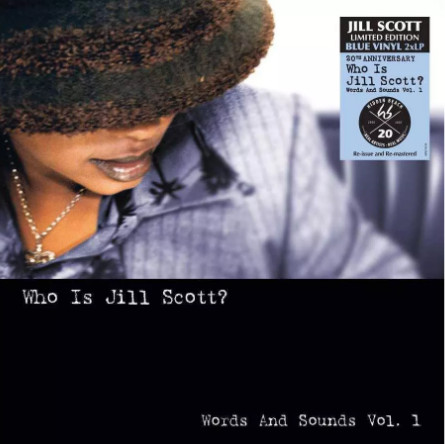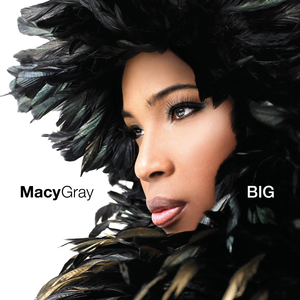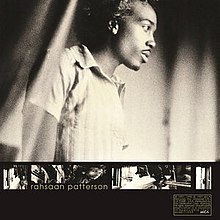Floetry’s debut album, “Floetic,” released in 2002, is a groundbreaking work that combines the poetic lyricism of Natalie Stewart (The Floacist) with the soulful vocals of Marsha Ambrosius. The result is a neo-soul masterpiece that seamlessly blends spoken word, R&B, and hip-hop influences, creating a sonic landscape that feels both innovative and timeless.
The album opens with the title track, “Floetic,” a poetic introduction that sets the stage for the duo’s unique style. Natalie Stewart’s spoken word delivery, infused with a rhythmic cadence, intertwines effortlessly with Marsha Ambrosius’ soulful singing. This synergy between spoken word and melodic vocals becomes a signature element of the Floetry sound.
The standout single, “Say Yes,” became an instant classic and exemplifies the sensual and intimate vibe that runs throughout the album. Marsha Ambrosius’ silky vocals, paired with the sultry lyrics, create a seductive atmosphere that resonated with fans of neo-soul. The track’s success catapulted Floetry into the forefront of the genre.
“Floetic” explores themes of love, sensuality, and self-discovery with a level of sophistication and introspection. Tracks like “Getting Late” and “Sunshine” showcase the duo’s ability to craft emotionally resonant songs that go beyond typical love ballads. The poetic and thoughtful nature of the lyrics elevates the album, adding layers of depth to the storytelling.
The production on “Floetic” is a fusion of soul, jazz, and hip-hop elements, providing a diverse and textured musical backdrop. The duo collaborated with producers like Andre Harris and Vidal Davis, as well as influential artists like The Roots’ drummer Questlove. The result is a sound that pays homage to classic R&B while incorporating contemporary influences, creating a sonic experience that feels both nostalgic and fresh.
Natalie Stewart’s spoken word segments, featured prominently in tracks like “Ms. Stress” and “Fun,” add a literary and intellectual dimension to the album. Her eloquent and thought-provoking verses complement Marsha Ambrosius’ soul-stirring vocals, creating a dynamic interplay between spoken word and traditional singing.
The album’s versatility is evident in tracks like “Now You’re Gone,” which explores themes of heartbreak and resilience. Marsha Ambrosius’ emotive delivery conveys a sense of vulnerability, adding an emotional authenticity to the song. This diversity of themes and musical styles contributes to the album’s overall richness.
In conclusion, “Floetic” stands as a landmark in the neo-soul genre, showcasing Floetry’s innovative approach to music. The album’s seamless blend of spoken word, soulful vocals, and eclectic production solidified Floetry as a dynamic duo with a unique sound. “Floetic” remains a testament to the enduring appeal of neo-soul, and its impact can be heard in the work of contemporary artists who continue to draw inspiration from Floetry’s groundbreaking debut.





